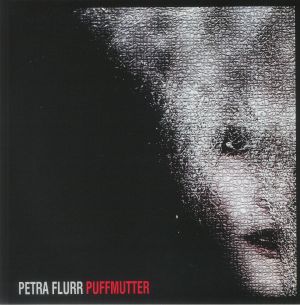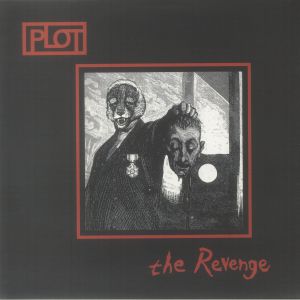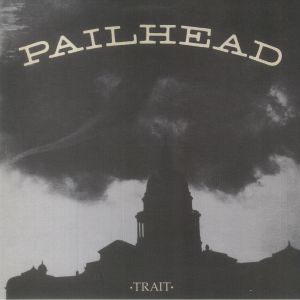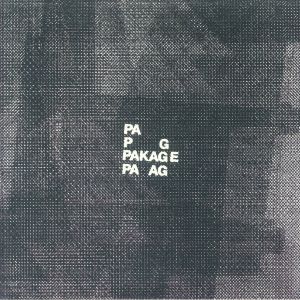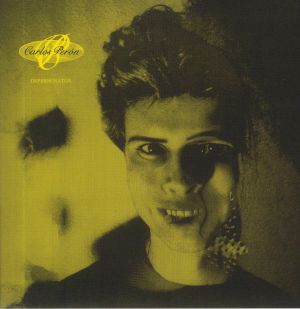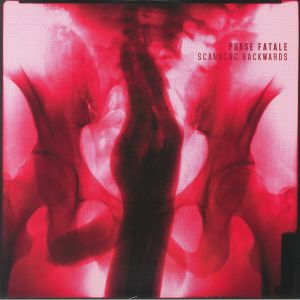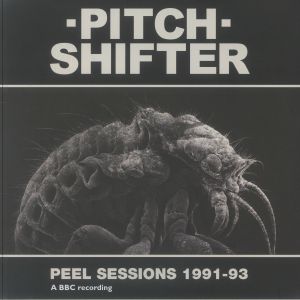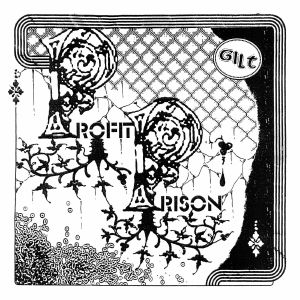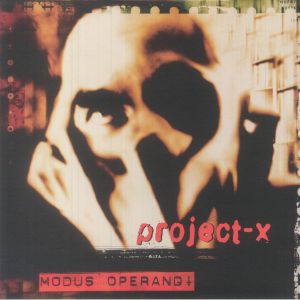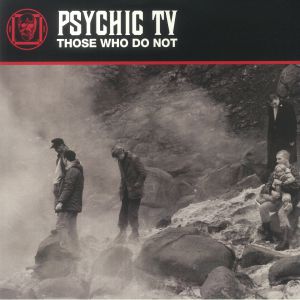Filter
Genre
Stock
Label
Featured
Release Title
Price
Tags
Back catalogue: Leftfield
Juno's full catalogue of Leftfield
Singles
Split (limited 'bloodshot eyeball' translucent electric blue & red splattered vinyl 7")
Cat: 31G 141V2. Rel: 20 May 24
in stock $21.90
in stock $26.89
Puffmutter (numbered lathe cut 10" limited to 50 copies)
Cat: KIN 042. Rel: 26 Jul 23
in stock $24.12
in stock $22.19
Alben
Suffocating Hallucination (blue & silver vinyl LP + booklet + MP3 download code)
Cat: CLCR 106LP3. Rel: 13 Apr 23
in stock $23.84
Black Crows Cyborg (blue splattered vinyl LP + poster + MP3 download code in embossed sleeve)
Cat: HOS 679BLULP. Rel: 21 Jun 21
in stock $39.90
in stock $27.17
Trait (reissue) (limited gatefold magenta & black split coloured splattered vinyl LP)
Cat: CLOLP 3315. Rel: 10 May 23
in stock $34.92
Dancing With The Dead (remastered) (blue vinyl LP + insert in spot-varnished sleeve)
Cat: 406562 9718015. Rel: 16 Jan 25
in stock $33.82
Nothing Remains The Same (remastered) (silver vinyl LP + insert in spot-varnished sleeve)
Cat: 406562 9717919. Rel: 16 Jan 25
in stock $38.53
Review: PainKiller, the mythihcal trio formed in 1991, returns after a 30-year hiatus with a bold new album. Featuring the groundbreaking talents of bassist Bill Laswell, saxophonist John Zorn and Napalm Death's Mick Harris on electronics, the band has once again redefined the boundaries of jazz, metal and experimental music. Their original sound, which fused grindcore, ambient and dub, is now expanded with Harris's innovative electronic beats, creating a rich, immersive soundscape. Despite Laswell's ongoing health struggles, including diabetes and heart issues, the album captures a revitalized energy, showcasing the trio's unique ability to merge chaotic intensity with intricate, atmospheric textures. Zorn's impassioned sax and Laswell’s bass, shaped by his limited physical capacity, still bring the raw power and experimental spirit that made the trio so influential. The album blends abrasive sounds with moments of haunting beauty, remaining true to PainKiller’s ethos of pushing musical extremes. With a sound that pushes even further than their past work, this reunion record offers a fresh, electrifying direction, proving that the trio’s chemistry and creativity remain as potent as ever. PainKiller continues to challenge the boundaries of genre, delivering a riveting exploration of sound.
… Read more in stock $28.27
in stock $27.45
in stock $41.58
Arseholes Liars & Electronic Pioneers (gatefold 2xLP)
Cat: PDONLP 003. Rel: 05 Feb 24
Review: When it comes to wresting maximum emotion and energy from analogue electronic instruments, few artists can match acid revivalists Paranoid London. They've certainly made their machines sing on Arseholes, Liars & Electronic Pioneers, their third full length excursion. Kicking off with the EBM-meets-acid growl of Joe Lewis hook-up 'Love One Self', the set includes such gems as 'People (Ah Yeah)' (an ambient acid number featuring Bobby Gillespie on vocals), the hard-wired acid trippiness of 'Up Is Down' (with DJ Genesis), the squelchy and spacey excellence of 'Start To Fade' (with Josh Caffe), the acid-electro brilliance of 'GRINDR' and a genuine future anthem in Mutado Pintado collab 'The Motion'.
… Read more in stock $30.21
in stock $23.84
Nothing Is True Everything Is Permitted (40th Anniversary Edition) (LP limited to 300 copies)
Cat: MEC 089. Rel: 06 Aug 24
Review: Recorded early 1984, by this point Carlos Peron was already something of a household name within the electronic music world thanks to efforts with seminal outfit Yello. If you're familiar, you'll know the group make a lot of energetic, danceable yet experimental stuff, which at times borders on club but is really synth music in the truest sense. Nothing Is True Everything Is Permitted takes us to a very different place indeed. Frequently described as a dark soundtrack without a film, this record has gone down in cult electronica history for its refusal to be anything specific, other than something resolutely itself. The tunes here are dramatic, sometimes even intimidating and certainly frequently unnerving. At other moments, they are at the vanguard of field and found sound recordings, or lost in the ether haze of lush ambient.
… Read more in stock $29.65
Sleep Well (limited pink vinyl LP + MP3 download code (indie exclusive))
Cat: THRILL 602X. Rel: 22 Feb 24
in stock $32.70
in stock $33.25
in stock $29.92
in stock $25.22
Maggot Mass (limited 'eutrophic euphoria' translucent green vinyl LP + insert (indie exclusive))
Cat: SBR 350LPC3. Rel: 17 Oct 24
Review: Pharmakon's Maggot Mass, the latest release after a five-year pause, sees Margaret Chardiet pushing the boundaries of her sound. Departing from the original frameworks of her previous work, this album blends the raw power of noise and power electronics with industrial and punk elements. The album reflects Chardiet's deep-seated disillusionment with humanity's fractured connection to the environment, exploring the isolation that arises from this disconnect. Pharmakon challenges the conventional notions of worth and privilege, questioning humanity's hierarchical dominance over nature. The title track, Maggot Mass, draws a provocative comparison between humans and maggots, suggesting that maggots contribute more to the ecosystem by recycling death into new life. Chardiet's exploration of grief, loss and the concept of rebirth through decay is both unsettling and cathartic. Maggot Mass is a visceral, thought-provoking album that confronts the discomfort of our existence and the destructive impact of human life on the natural world.
… Read moreGespielt von: Wes Baggaley
in stock $26.05
Scanning Backwards (reissue) (pink marbled vinyl 2xLP + MP3 download code)
Cat: BITE 035. Rel: 17 Feb 25
Review: After debuting on Hospital Productions in 2017, Scanning Backwards was the sophomore album from Phase Fatale back in 2020 on Ostgut. To mark its fifth birthday it gets reissued here and still sounds as good as new. Payne blends post-punk, noise and shoegaze influences into broken rhythms and slow-burning, textured soundscapes that merge sonic warfare with functional dance music. This album drew from historical and fictional narratives to explore sound as a form of power and Each track reflects Berghain's influence as both a space and instrument. It's powerful stuff in more ways than one.
… Read more in stock $36.31
Stellar Interface (Soundtrack) (limited 'natural' white vinyl LP)
Cat: V 001. Rel: 12 Feb 24
in stock $44.34
in stock $22.46
in stock $21.34
in stock $28.82
Pita Friedl (limited 180 gram vinyl LP + 1-sided LP + MP3 download code)
Cat: KR 099. Rel: 16 Feb 23
in stock $25.49
in stock $22.16
Peel Sessions 1991-1993 (limited white vinyl LP)
Cat: CSR 344LPLTD. Rel: 04 Dec 24
in stock $26.89
Fiction Prediction (pink vinyl LP limited to 200 copies)
Cat: 31G 140V1. Rel: 24 Apr 24
in stock $32.98
in stock $27.99
Putrid Obsolete (clear & black galaxy vinyl LP + insert limited to 300 copies)
Cat: VIS 010V2. Rel: 20 May 24
in stock $32.70
in stock $28.55
Modus Operandi (hand-numbered red vinyl LP limited to 300 copies)
Cat: ERLP 156. Rel: 07 Dec 23
in stock $26.33
Those Who Do Not (remastered) (gatefold white vinyl 2xLP limited to 230 copies)
Cat: CSR323 LPW. Rel: 01 Mar 23
in stock $39.35
Blush (limited gatefold blue vinyl LP + MP3 download code (indie exclusive))
Cat: ZEN 286N. Rel: 13 Oct 22
Review: It's incredible to think Blush is PVA's debut album. The South London band sound like they've been doing aggy, abrasive and regularly oddly beautiful cold synth wave stuff since it was invented, bringing their own edge and energy, influences and ideas to a table that - much as we love it - can often feel like it has become set in its ways. Then again, perhaps their breaking from some traditions is exactly what exposes their freshness.
Across 11 incredible sonic assaults we're dragged from pillar to post in the best way. 'Untethered' sounds like an alarm going off and panic setting in, opening the album without apology. 'Hero Man' takes things into a more rolling, wavy place, albeit wasp-in-jar keyboard lines underpin things. 'The Individual' slows us down and ups the nasty; spoken word style lyrics and grungy, grimy atmosphere making it a stand out. Meanwhile, 'Seven' drops just ahead of the finale for blissful, twisted but honest romance.
… Read moreAcross 11 incredible sonic assaults we're dragged from pillar to post in the best way. 'Untethered' sounds like an alarm going off and panic setting in, opening the album without apology. 'Hero Man' takes things into a more rolling, wavy place, albeit wasp-in-jar keyboard lines underpin things. 'The Individual' slows us down and ups the nasty; spoken word style lyrics and grungy, grimy atmosphere making it a stand out. Meanwhile, 'Seven' drops just ahead of the finale for blissful, twisted but honest romance.
in stock $24.95

 USD
USD








